The connection between dress and war is not far to seek; your finest clothes are those you wear as soldiers
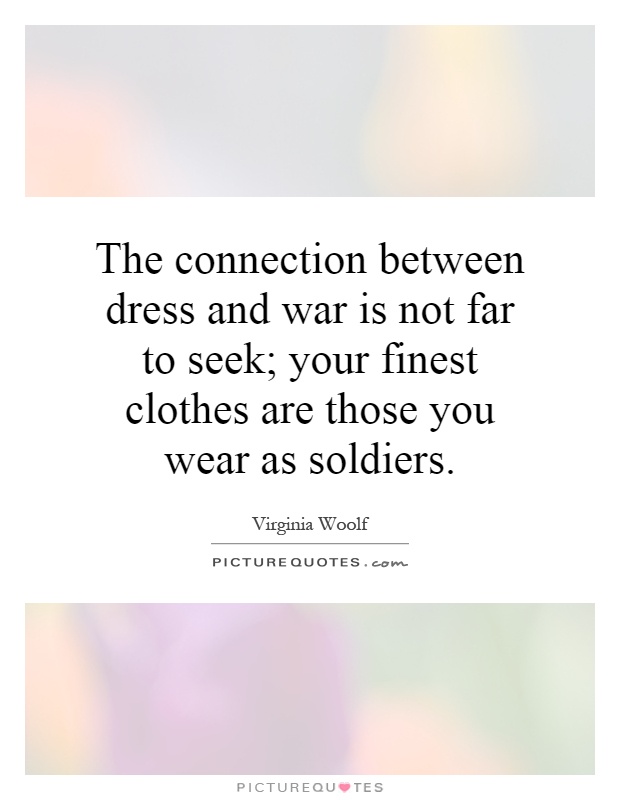
The connection between dress and war is not far to seek; your finest clothes are those you wear as soldiers
Virginia Woolf, a prominent figure in the modernist literary movement, often explored themes of gender, identity, and society in her works. In her essay "The Leaning Tower," Woolf delves into the connection between dress and war, stating that "your finest clothes are those you wear as soldiers." This statement reflects Woolf's belief in the transformative power of clothing and its ability to shape one's identity and perception.Woolf's assertion that soldiers' uniforms are their finest clothes speaks to the idea that in times of war, individuals are stripped of their individuality and become part of a collective whole. The uniform serves as a symbol of unity and solidarity, blurring the lines between individual identities and emphasizing the importance of the group over the self. In this context, clothing becomes a form of armor, protecting soldiers from the harsh realities of war and providing them with a sense of purpose and belonging.
Furthermore, Woolf's statement can also be interpreted as a commentary on the performative nature of gender and the ways in which clothing can be used to reinforce societal norms and expectations. In a patriarchal society, men are often expected to embody traits such as strength, courage, and aggression, qualities that are traditionally associated with soldiers. By donning a uniform, men are able to conform to these expectations and assert their masculinity in a way that is both visible and tangible.
On the other hand, women are often relegated to the role of passive observers in times of war, expected to support and nurture the men who are fighting on the front lines. However, Woolf challenges these traditional gender roles by suggesting that women too can embody the qualities of a soldier through their clothing. By wearing uniforms or adopting a more masculine style of dress, women can assert their agency and challenge the limitations placed on them by society.
Overall, Woolf's exploration of the connection between dress and war highlights the ways in which clothing can be used to shape and redefine one's identity in times of conflict. By examining the role of clothing in shaping individual and collective identities, Woolf invites readers to consider the ways in which clothing can be used as a tool for resistance and empowerment in the face of adversity.

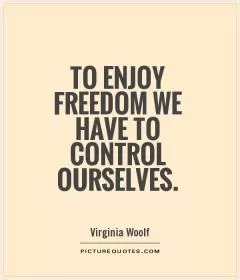


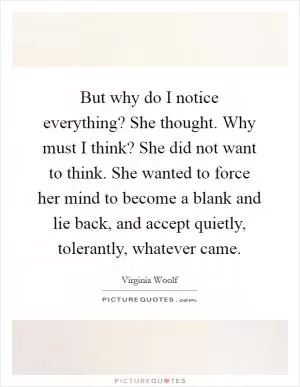


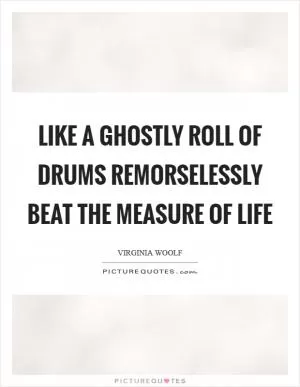
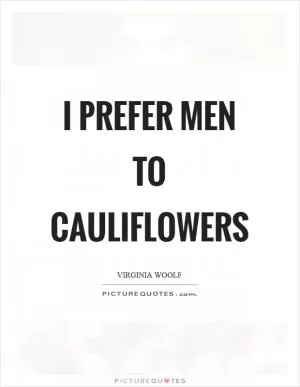
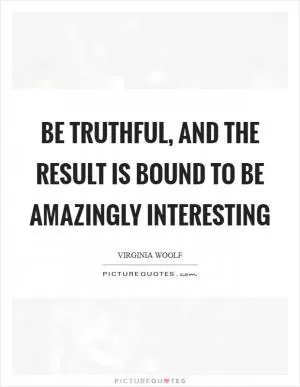


 Friendship Quotes
Friendship Quotes Love Quotes
Love Quotes Life Quotes
Life Quotes Funny Quotes
Funny Quotes Motivational Quotes
Motivational Quotes Inspirational Quotes
Inspirational Quotes